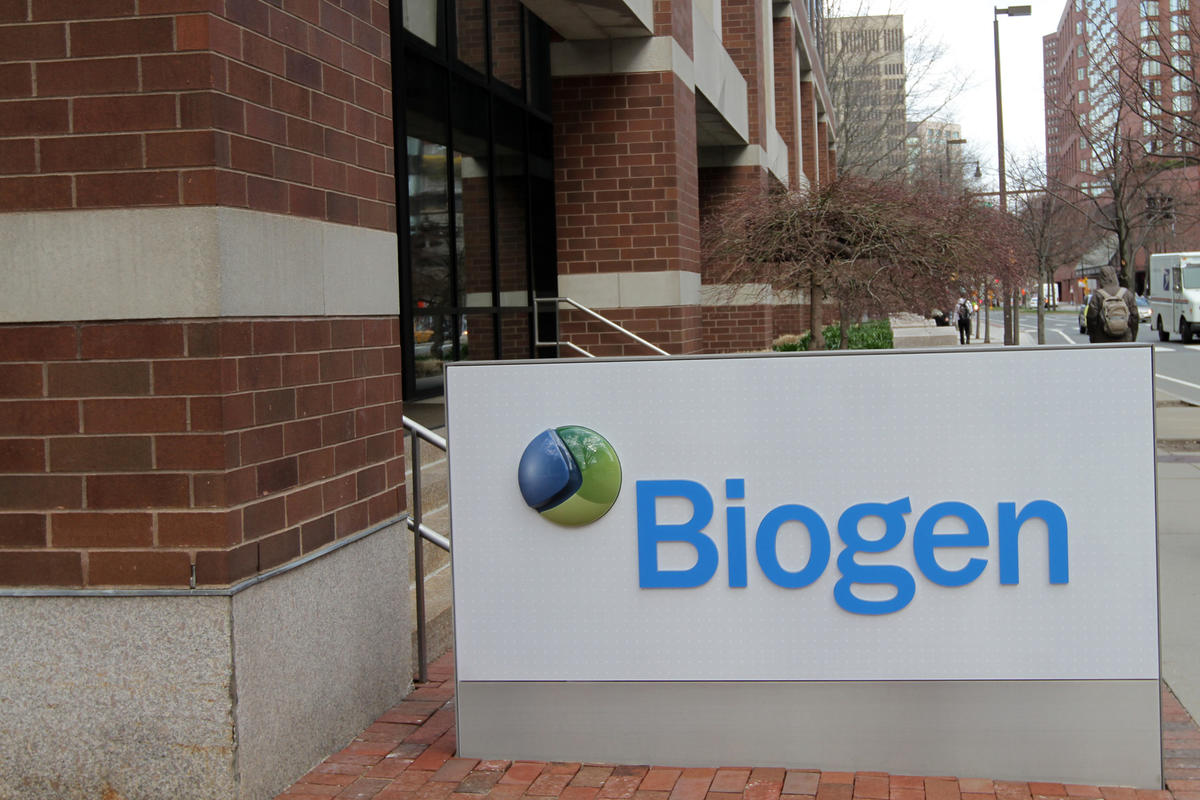
The European Commission (EC) granted a marketing authorization for IMRALDI (also known as SB5), an adalimumab biosimilar referencing Humira.
IMRALDI has been developed by Samsung Bioepis, a joint venture between Samsung BioLogics and Biogen (NASDAQ, BIIB) and is approved for the treatment of rheumatoid arthritis (RA), juvenile idiopathic arthritis, axial spondyloarthritis, psoriatic arthritis, psoriasis, pediatric plaque psoriasis, adult and adolescent hidradenitis suppurativa, Crohn’s disease, pediatric Crohn’s disease, ulcerative colitis and uveitis.
IMRALDI is the third anti-TNF biosimilar from Biogen to receive a marketing authorization in the European Union (EU) following the approval in 2016 of BENEPALI® (etanercept), a biosimilar referencing Enbrel,2 and FLIXABI® (infliximab), a biosimilar referencing Remicade®.3 Anti-TNF therapies represent some of the EU’s largest drug expenditures, costing an estimated $9 billion (€8 billion) each year from 2011 to 2014.4,5Introducing biosimilars of the top three anti-TNF therapies in Europe could lead to estimated potential savings of up to $11.44 billion (€9.69 billion), between the patent expiry date of each reference product and 2020.5,6 With the approval of IMRALDI, Biogen has become the first company to have approved biosimilars for all three of these therapies.
“Today’s decision marks another positive step in transforming the lives of people with chronic autoimmune conditions,” said Jean-Paul Kress, EVP International and Head of Global Therapeutic Operations, Biogen. “As the number of approved biosimilars continues to grow, so does the anticipated potential to increase physician choice and patient access to biologics.”
The EC approval was based on a robust preclinical and clinical data package comparing IMRALDI with Humira. The clinical data include results from two head-to-head studies – a Phase I study in healthy volunteers that demonstrated pharmacokinetic bioequivalence to Humira7 and a 52 week Phase III, randomized, double-blind, multicenter study, in which IMRALDI demonstrated comparable efficacy and comparable safety and immunogenicity to Humira in patients with moderate to severe RA despite methotrexate therapy.8,9 The primary endpoint of the Phase III study, the American College of Rheumatology 20% (ACR20) response at Week 24, was met, demonstrating equivalent efficacy to Humira (ACR20 response rate was 72.5% in the IMRALDI group versus 72.0% in the Humira group).8 Between Week 24 and Week 52, in 125 patients who were switched from Humira to IMRALDI, efficacy, safety, and immunogenicity profiles were found to be comparable to those in patients who remained on Humira (129) or IMRALDI (254) during the transition period.9
Filed Under: Drug Discovery




